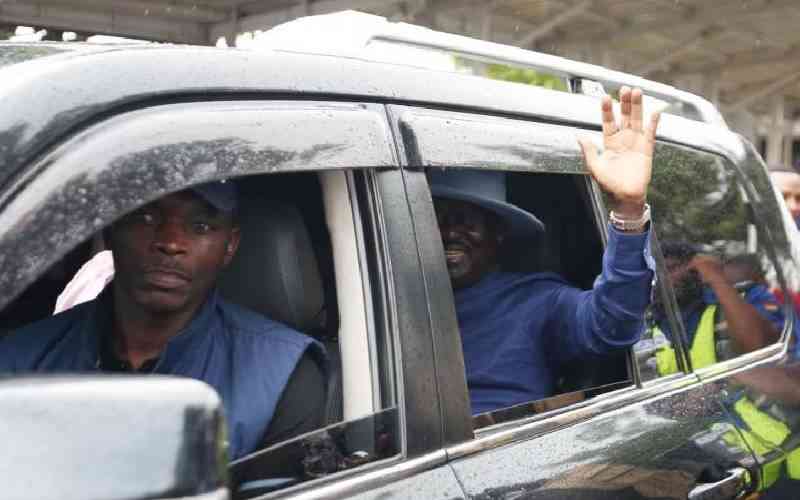
As the country gears up for renewed Azimio protests, the spotlight turns on the Kenya Kwanza regime once again.
The second phase of demos is a continuation of the push to have the William Ruto-led regime address the high cost of living through restoration of the subsidy programmes on unga, fuel, electricity and school fees; opening last year's presidential election servers for audit; protection of the letter and spirit of fidelity to multi-party democracy and adherence to the principle of inclusivity in the appointment of civil servants.